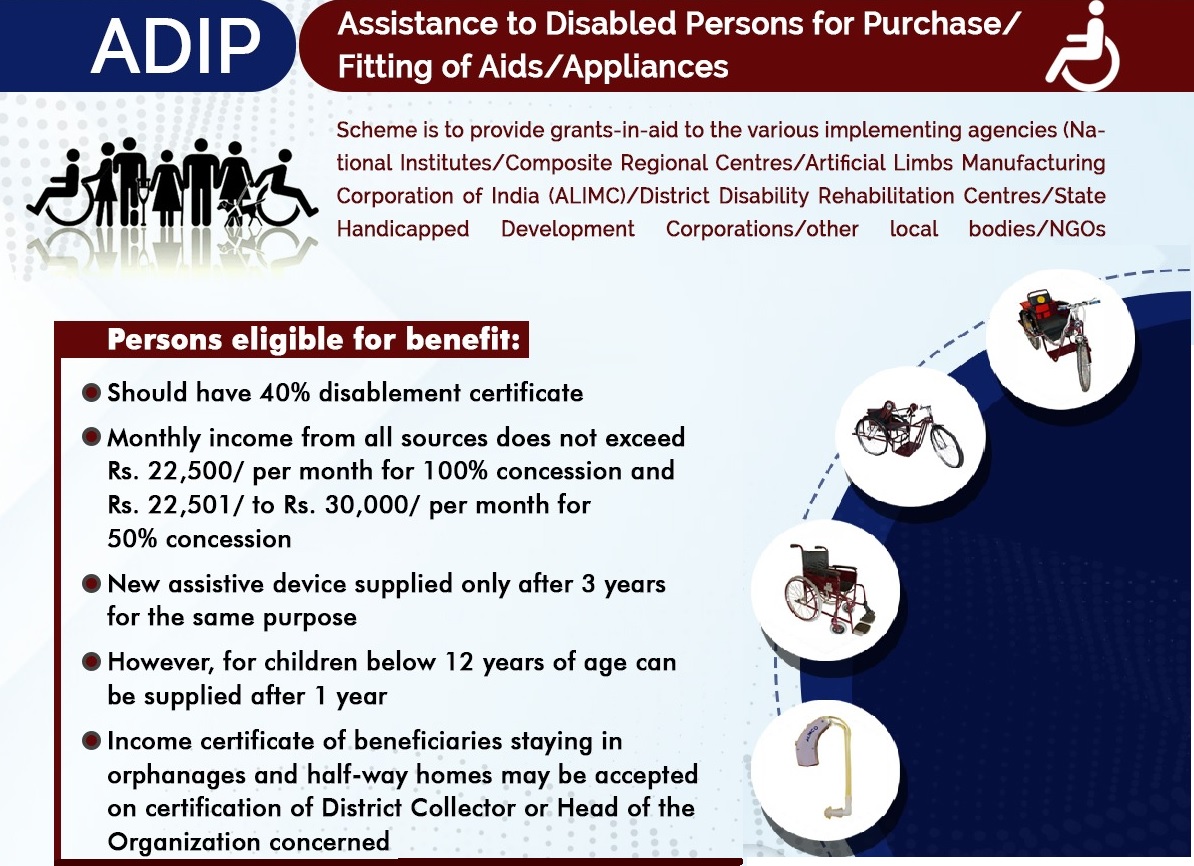900 319 0030
enquiry@shankarias.in
To know about Part-1, click here
|
National Backward Classes Finance & Development Corporation (NBCFDC) |
National Scheduled Castes Finance & Development Corporation (NSFDC) |
|
|
|
National Safai Karamchari Finance & Development Corporation (NSKFDC) |
|

A Senior Citizens Welfare Fund has been established under the Finance Act, 2015, to be utilized for such schemes for the promotion of the welfare of senior citizens, in line with the National Policy on Older Persons.
Reference